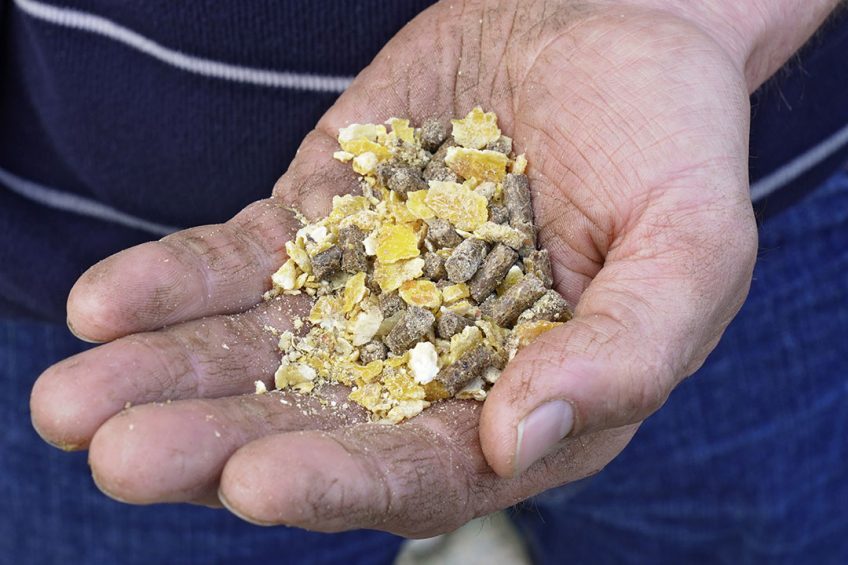Feed becoming unaffordable for Iranian poultry farmers

Scarce supplies and high prices on Iran’s feed market pushed thousands of poultry farmers out of operation during the past months.
The country’s government is failing to distribute enough feed among poultry farms at a guaranteed price, Habibollah Asad-Nejad, the deputy head of Iran’s Chicken Producers Association, told the local news outlet IRIB.
In Iran, the authorities introduced a special government exchange rate for imported feedstuffs. In the past few years, the government distributed feed at significantly lower prices than those on the open market in order to avoid price fluctiations on the chicken meat markets. However in the past few months, demands for feed were higher than the government could distribute. On the open market, poultry farms have to pay IRR 120,000 (US$ 0.5) per kg of poultry feed, which is a factor 3 higher than the government prices, Asad-Nejad said.
Supply disruptions continue
Since May 2020, the government has only been able to supply 50% of poultry farms’ demand in feed, Asad-Nejad estimates. The feed supply problems have already driven 7,000 poultry farms out of operation and prompted numerous hatcheries to cut down on production. The supply disruptions are caused by the ongoing downward rally of the Iranian currency. The Iranian rial has lost about 49% of its value in 2020 due to the Covid-19 pandemic and a consequent drop in oil prices. In early September, the exchange rate fell to a record low against the US dollar. This made all imported products, including feedstuff, more expensive. Iran is importing approximately 80% of feedstuff for poultry feed production.
 Housefly larvae contribute to sustainable layer nutrition
Housefly larvae contribute to sustainable layer nutrition
Extensive research by Schothorst Feed Research shows that housefly larvae are a viable protein source in sustainable layer nutrition which can fully replace soya.
Production hampered
At this moment in time, the total production of day-old chicks is about 110 million per month, while before the Covid-19 pandemic, this was 120 million. In May of 2020, the acute shortage of poultry feed on the domestic market has prompted hatcheries to bury day-old chicks alive because no one was buying. According to the Iran Feed Industry Association, the Covid-19 pandemic was not to blame. The US sanctions have blocked payments for 3 million tonnes of imported corn and soybean, leaving the domestic market short of feedstuff. Iran’s poultry farmers called the government to take urgent steps to protect the domestic poultry industry. According to Asad-Nejad, the current crisis could have a severe and long term impact on Iran’s poultry industry.












